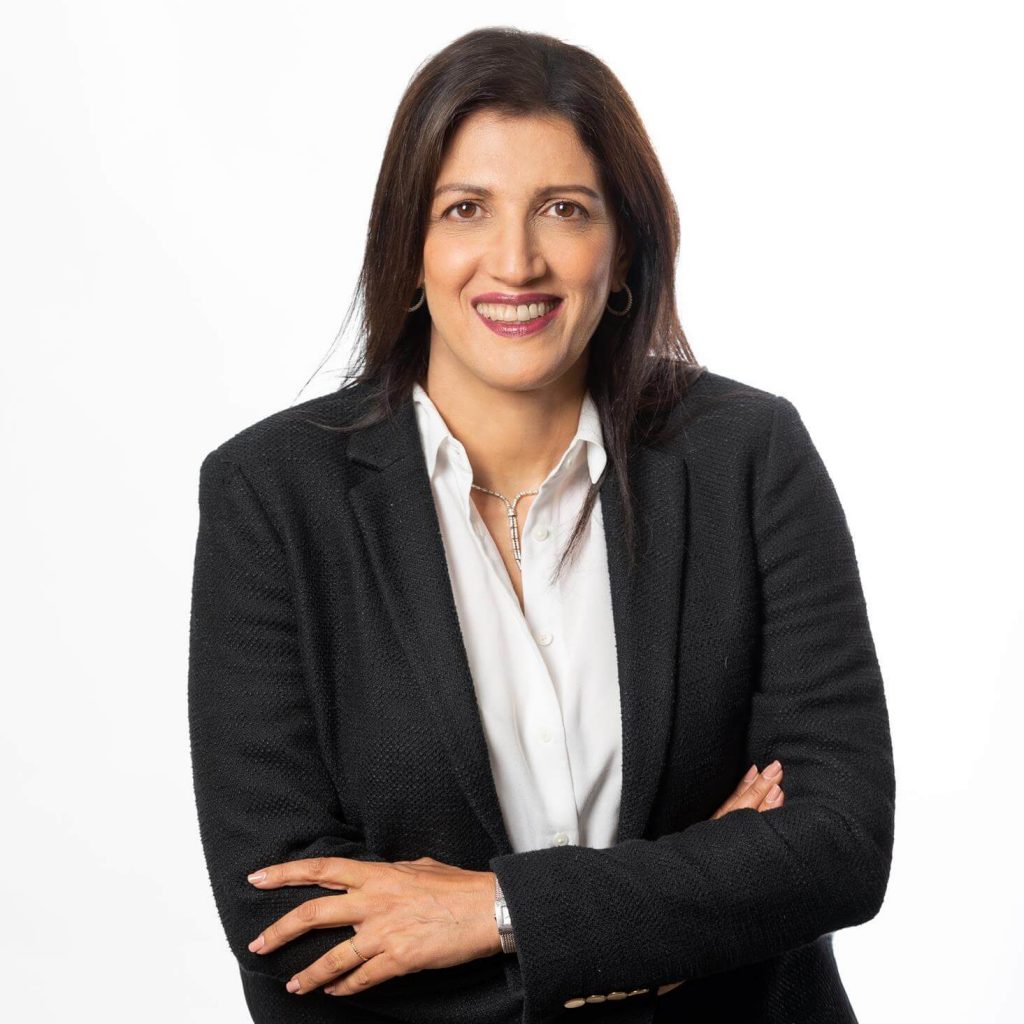
Talya Miron-Shatz is an author, consultant, speaker, and researcher, specializing in medical decision-making.
Miron-Shatz has a PhD in psychology from The Hebrew University of Jerusalem, did her post-doctoral work at Princeton University with Nobel Laureate Daniel Kahneman, taught at Wharton, and is now a full professor at the Ono Academic College and a visiting researcher at Cambridge University.
She is an internationally acclaimed expert in medical decision making, with over 60 academic publications on topics such as information comprehension, patient participation in shared decision making, assessment of birth experiences, happiness, and more.
She also has extensive experience in the healthcare industry, where she has consulted companies such as Johnson & Johnson, Pfizer, Samsung, NantMobile, FCB, InTouch Solutions, Edelman PR, BMS, and GSK.
She uses her uncommonly broad perspective to show how the medical system sets us up for success or failure, by revealing the barriers preventing us from making good choices about everything from nutrition to medication, from fertility treatments to end-of-life care. Then, she presents her model and cutting-edge techniques from psychology and behavioral economics that help patients, physicians, and health systems overcome those barriers and own our health choices. The result is better health and wellbeing for all stakeholders, and improved bottom lines for healthcare organizations.
Full bio
For two decades author, consultant, researcher, writer, speaker, and entrepreneur Dr. Talya Miron-Shatz has been dedicated to the issue of health and medical decision making. The questions she asks, and the answers she gives, are increasingly larger, and relate to the intersection of psychology and medicine. How do patients make choices? What do they need to understand their care and options? How can they be brought to enjoy the benefits of digital health? How can the human touch make a difference in times when medical challenges are inevitable?
She identified barriers to better decision making and shows how they can be overcome – by patients, physicians, and healthcare organizations.
She contends that while patients experience their challenges as very personal, these are rooted in institutional practices, and need to be considered as what constitutes good care. Often, it is beyond the doctors’ control, and they too can benefit from an overhaul of the patient role.
Miron-Shatz did her BA, MA at Hebrew University’s psychology department, and worked for over a decade as an organizational psychologist. Then she returned to graduate school at the psychology department, studying heuristics and biases.
Creating and teaching a course on ‘The Psychological Aspects of Medical Decision Making’ to genetic counseling students was her first foray into medical decision making. This was in 2004.
In 2005 she completed her PhD. And went with her family to Princeton University, for a post-doctorate position with Nobel Laureate Daniel Kahneman, until 2009. Together, they studied happiness. From 2008 to 2011 she taught consumer behavior to undergraduates and MBA students at the Wharton Business School, University of Pennsylvania, and loved every minute.
In 2009 she joined the business school at the Ono Academic College, where she is now a full professor. She also became a writer for Psychology Today, where her blog, Baffled by Numbers which was read by over 130,00 people.
Since then she has written more than 60 academic papers: some on happiness, but mostly on medical decision making, covering multiple angles of the patient experience, physician decision making, and digital health.
2010 marked the beginning of her now considerable industry involvement, with a white paper she wrote for Global Health, Johnson and Johnson, on The Potential of a Health Scorecard for Promoting Health Literacy. Since then she worked with PR agencies health advertisers (Edelman PR, DraftFCB, InTouchSolutions) on projects around adherence to medication, prescriber behavior, mechanisms of behavioral economics, and more.
Through these agencies, and directly, she worked with numerous pharmaceutical companies, including Pfizer, Abbvie, Boringer-Ingelheim, BMS, Novartis, and others on projects around leading physician advisory boards, designing patient outreach and communication, training sales reps, and more. In her work with technology giants, such as NantMobile, she led teams of engineers in introducing an entire layer of psychological drivers to facilitate adherence to medication. Similarly, she has helped multiple startups—from Healarium to Glucome—hone their operating mechanisms in conveying health information to change patient behavior.
For several years, Dr. Miron-Shatz co-organized the eHealth Venture Summit at MEDICA, the world’s largest medical device exhibition (with Dr. Stefan Becker), and ran the Pharma 2.0 series for NYC’s Health 2.0 meetup.
As a keynote speaker for Donate Life America’s 2014 annual conference, she demonstrated the use of behavioral economics to get people to sign up as donors. In her frequent speaking engagements—Financial Times NY and London, Digital Health Congress, Nudge Portugal, and numerous academic and industry events, she demonstrates her commitment to disseminating her knowledge around improving how people engage with their medical decisions and health.
She was the CEO and co-founder of Buddy&Soul, a platform for personal development, that offered comprehensive support for behavior change, and self-management of medical conditions. This marks the evolution of her ideas around shared decision making and health habits, where good intentions don’t suffice, and people need tools and skills to achieve their health and participation goals.
In 2019, Miron-Shatz became a visiting researcher at the Winton Centre for Risk and Evidence Communication, at Cambridge University. She is a full professor at the faculty of business administration at the Ono Academic College.
Her book on medical decision-making will be published by Basic Books in 2021. This is the culmination of her efforts to improve how people deal with their medical decision making, and how their physicians, and the institutions that care for them, facilitate this process, rather than leaving patients to their own devices.
Miron-Shatz and her husband have three children.